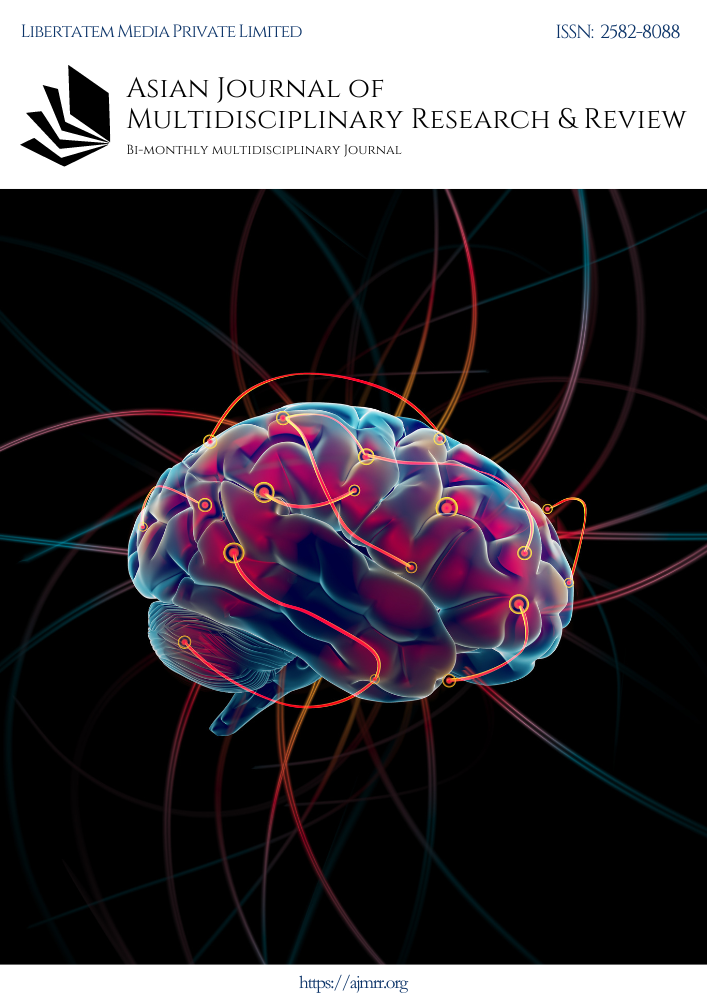THE DIGITAL REVOLUTION: WHAT DIRECTIONS SHOULD WE STEER THIS VEHICLE
Abstract
Digital transformation has become the word of the millennia with unimaginable technologies becoming a part of everyday life such as smartphones, smart-cars, smart-houses and mass consumption of online social media content. With this reimagining of the world, several scholars have deliberated on the reimagining of our political systems. We currently live in a nation-state framework where our basket of rights is predominantly determined by the territory we are born into. However, the internet herald’s ideas of free choice and self-ownership and forces many to reimagine this imposition of citizenship. Keeping these ideals in mind, we cannot ignore the problems within the current nation-state framework such as inequality and illiteracy within and among nations which have the potential of further deepening due to technological advances. Digital divide and lack of uniform access to the internet or technology is a very big concern gripping nations across the globe. Therefore, looking for a complete shift to voluntary virtual nations is a dream only the developed country’s rich can afford to have. This article seeks to highlight the current issues in the nation-state and what the ideal next steps can be for technological progress of a territory/nation. The article will use the example of Estonia’s e-government developments to highlight realistic next steps of technology-driven innovation.
Downloads
Downloads
Published
Issue
Section
License

This work is licensed under a Creative Commons Attribution-NonCommercial-ShareAlike 4.0 International License.
License Terms
Ownership and Licensing:
Authors of research papers submitted to the Asian Journal of Multidisciplinary Research & Review (AJMRR) retain the copyright of their work while granting the journal certain rights. Authors maintain ownership of the copyright and grant the journal a right of first publication. Simultaneously, authors agree to license their research papers under the Creative Commons Attribution-ShareAlike 4.0 International (CC BY-SA 4.0) License.
License Permissions:
Under the CC BY-SA 4.0 License, others are permitted to share and adapt the work, even for commercial purposes, as long as proper attribution is given to the authors and acknowledgment is made of the initial publication in the Asian Journal of Multidisciplinary Research & Review. This license allows for the broad dissemination and utilization of research papers.
Additional Distribution Arrangements:
Authors are free to enter into separate contractual arrangements for the non-exclusive distribution of the journal's published version of the work (e.g., posting it to institutional repositories or publishing it in books), provided they acknowledge the initial publication of the work in the Asian Journal of Multidisciplinary Research & Review.
Online Posting:
Authors are encouraged to share their work online (e.g., in institutional repositories or on personal websites) both prior to and during the submission process to the journal. This practice can lead to productive exchanges and greater citation of published work.
Responsibility and Liability:
Authors are responsible for ensuring that their research papers do not infringe upon the copyright, privacy, or other rights of any third party. The Asian Journal of Multidisciplinary Research & Review disclaims any liability or responsibility for any copyright infringement or violation of third-party rights in the research papers.



